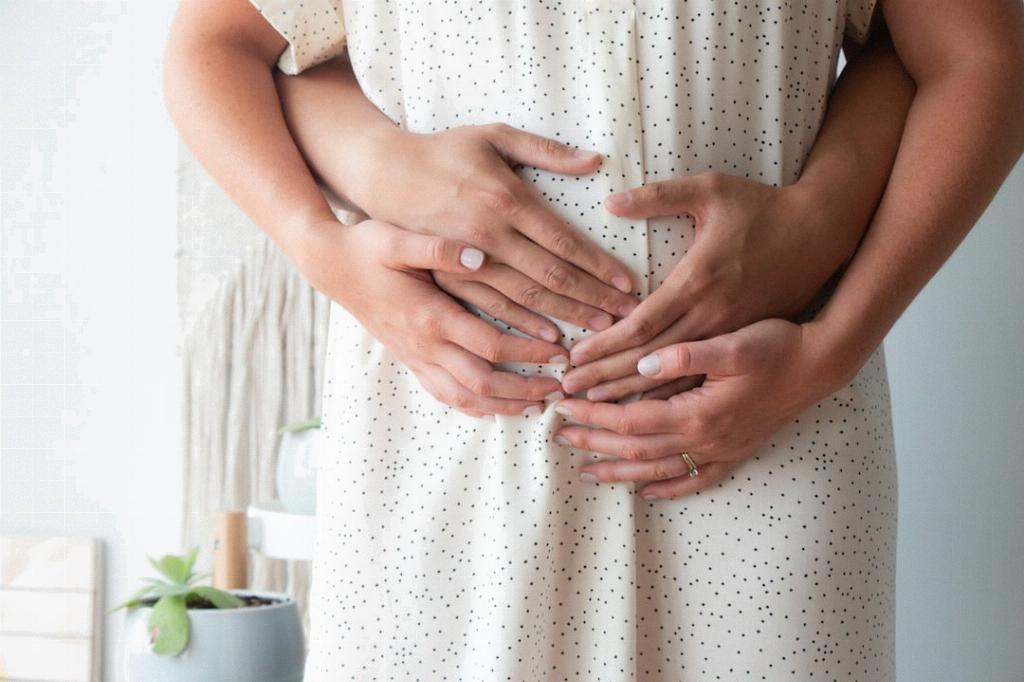One of the common concerns pregnant women have is whether a fall can cause a miscarriage. It’s natural to worry about the safety of your baby, but it’s essential to understand the facts behind this issue to alleviate any unnecessary stress.
First and foremost, it’s crucial to dispel the misconception that a simple fall can directly lead to a miscarriage. The truth is that for a fall to significantly harm your baby, especially in the early stages of pregnancy, the mother would generally need to sustain severe injuries herself.
While the idea that a fall can trigger a miscarriage has been perpetuated through old wives’ tales, there isn’t substantial evidence to support this claim. It’s more about the impact on the mother’s body rather than the fall itself that could potentially affect the pregnancy.
However, if you do happen to experience a fall during pregnancy, it’s always wise to take precautions and seek guidance from your healthcare provider. Whether you have noticeable injuries or not, contacting your doctor or midwife can provide reassurance and ensure the well-being of both you and your baby.
It’s important to remember that the body is designed to protect the developing fetus to a certain extent. The amniotic fluid and the uterus itself act as natural cushions, helping to safeguard the baby from external forces, such as minor falls.
Furthermore, the early stages of pregnancy are when the body is most resilient to protect the embryo. As the pregnancy progresses and the baby grows, the risk of a fall causing harm decreases due to the increased protection provided by the amniotic sac and the growing size of the uterus.
That being said, falls should not be taken lightly during any stage of pregnancy. Even if a fall doesn’t directly lead to a miscarriage, there could still be potential risks to both the mother and the baby, such as placental abruption or preterm labor.
It’s crucial to prioritize safety measures to prevent falls during pregnancy. Simple steps like wearing supportive footwear, avoiding slippery surfaces, and being mindful of your surroundings can significantly reduce the likelihood of accidents.
If you do happen to experience a fall, even a minor one, monitor yourself and the baby for any unusual symptoms. Contacting your healthcare provider promptly can help address any concerns and ensure appropriate monitoring to rule out any potential complications.
Remember, the key is not to panic but to stay informed and proactive about your health and the well-being of your baby. By being aware of the facts and taking necessary precautions, you can navigate through your pregnancy with confidence and peace of mind.
In conclusion, while falls may pose certain risks during pregnancy, particularly in the first trimester, the direct correlation between a fall and miscarriage is not as straightforward as commonly believed. Taking preventive measures and seeking medical advice when needed are crucial steps in ensuring a safe and healthy pregnancy journey for both you and your baby.

